Written by Marisol Dahl
Three months ago today, I graduated college. And as summer is winding down and that back to school season kicks in, it’s really hitting that I won’t be returning to the wonderful comforts of college dorm rooms, courtyards full of students, and 24-hour libraries.
There are a lot of changes that come with finishing school. We enter the world of full employment, glaring finances, and finally learning how to make dinner ourselves (goodbye dining halls!). We have to make big decisions about whether to go to graduate school and where to live. It’s a new and exciting stage in our lives.
To celebrate this new season and start off on the right foot, I’m making some resolutions.
3 Resolutions for Life After College
1. Take it one step at a time, and listen to your intuition.
I had one great job offer back in March. On paper it was perfect, and I was ready to pack my bags. But something in my gut was saying, this isn’t it. I hated saying no to the company, because it was rationally reckless! I didn’t have any other offers, and I wasn’t sure I would get as great a job package anywhere else. But something in me didn’t jibe with this path.
I turned down the offer, and ended up graduating without a traditional full-time job and not nearly enough freelance work to go “full time.” While my fellow unemployed peers panicked as they picked up their diplomas and packed their bags, I felt calm. I didn’t know where I would be next week or next month, but I trusted that everything will work out. And while it’s only been three months and things are far from completely “worked out” (are they ever?), I’m amazed at how slowly but surely the pieces come together.
Here’s the thing: for most of us college graduates out there, this is the first time in twenty-something years in which our future is completely, utterly open. There are fewer things than ever that are truly compulsory. We have this beautiful blank page.
But despite achieving this new level of freedom, we hardly take the time to wonder at it all. We feel that we have to take the job offer, because who knows when another one is coming? We have to go to grad school, because how else are we going to keep up in this world? And gosh, what about those student loans?
These pressures are all too real, but I’m making a point to slow down with my decision making. There are many great opportunities ahead, and while it’s tempting to pick a path and stick to it, we’re better off taking it one step at a time and listening to your gut.
A big thanks to Jenny for inspiring this shift in the way I think, especially her pieces on going with the flow and practicing intuition. :)
2. Keep learning.
College taught me many things. I learned why some social movements succeed and others fail. I learned the difference between an opportunity cost and a sunk cost. I learned how to do laundry without having to separate whites and colors.
But one of the most important things I learned is the absolute joy in engaging with new ideas. There is a true satisfaction in having the difficult conversations, questioning your long-held beliefs, diving into a book on a subject you know absolutely nothing about. These are the moments that exercise your mind and challenge your identity the most. This is how you become a better person and achieve greater work.
I don’t want that to end. I don’t want to get into a rut, involved only in my own little world. And so, I will keep learning.
3. Take chances. Meet new people. Make life interesting.
I’m not quite sure how to articulate this particular one, but it’s the most important to me. In essence, it is Jenny’s “live big” philosophy (ahem, check out the mission statement of Life After College).
This is a resolution to take the wheel and step on the gas. I am a firm believer that you are responsible for your own happiness, well-being, and excitement in your life. If life is feeling a little too comfortable or mediocre, you hold the answers to shaking it up again.
So this resolution will manifest in many different ways. It’s the intersection of intuition and adventure—take the time to listen to your cravings, your wildest dreams, your sudden and exciting impulses. Then go for it.
Living up to this resolution won’t look the same day to day, person to person. For me, right here right now, it looks like: picking up the guitar (again), starting a conversation with a stranger, and cold emailing someone I admire.
Upcoming Webinar: Connect with Influencers
Life After College is so excited to be co-hosting a live webinar with John Corcoran on How to Cold Email Any VIP on August 26 at 3pm ET.
In this webinar, you will learn:
- The 5 things you must do if you want your emails to be read and responded to by VIPs you admire
- How to go from getting your email opened to building a genuine relationship
- How to go from relationship-building to generating income
- [Bonus] John will also share 5 of his best email templates you can use to connect with the VIPs you want to meet.
Sign-up and download the free workbook here! See you then! :)
I'd love to hear from you in the comments:
If you could connect with any influencer you admire, who would it be? What is keeping you from reaching out to them right now?
About Marisol Dahl
Marisol recently graduate Yale as a Sociology and Education Studies major. A longtime New Yorker, her interests include business, communications, and marketing. Marisol started her blog in 2011 as a way to document her college years and beyond. She can be reached on Twitter at @marisoldahl.





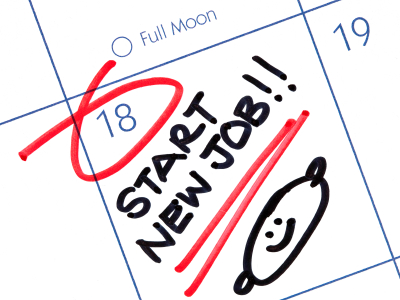

 Jenny Blake is the author of
Jenny Blake is the author of 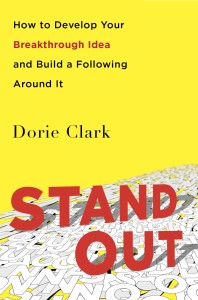



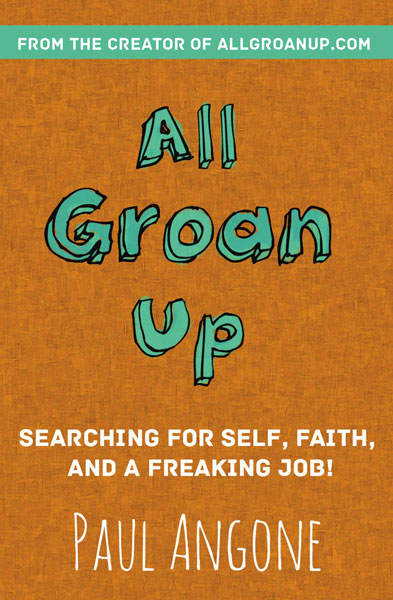

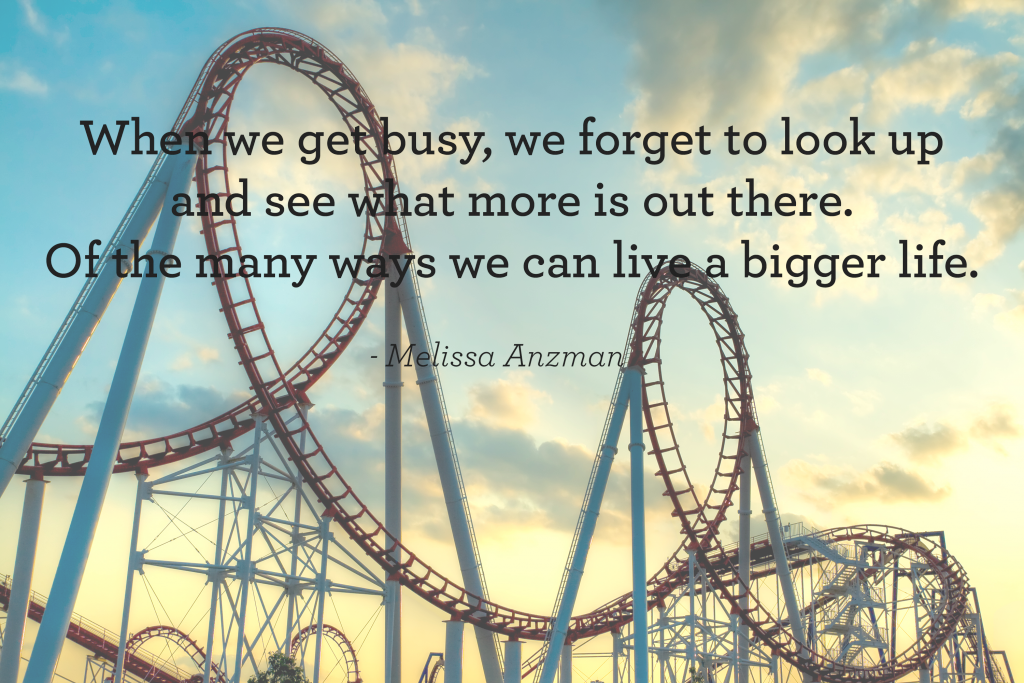
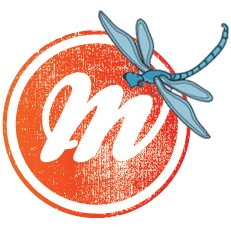
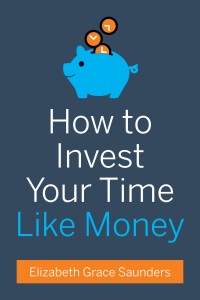

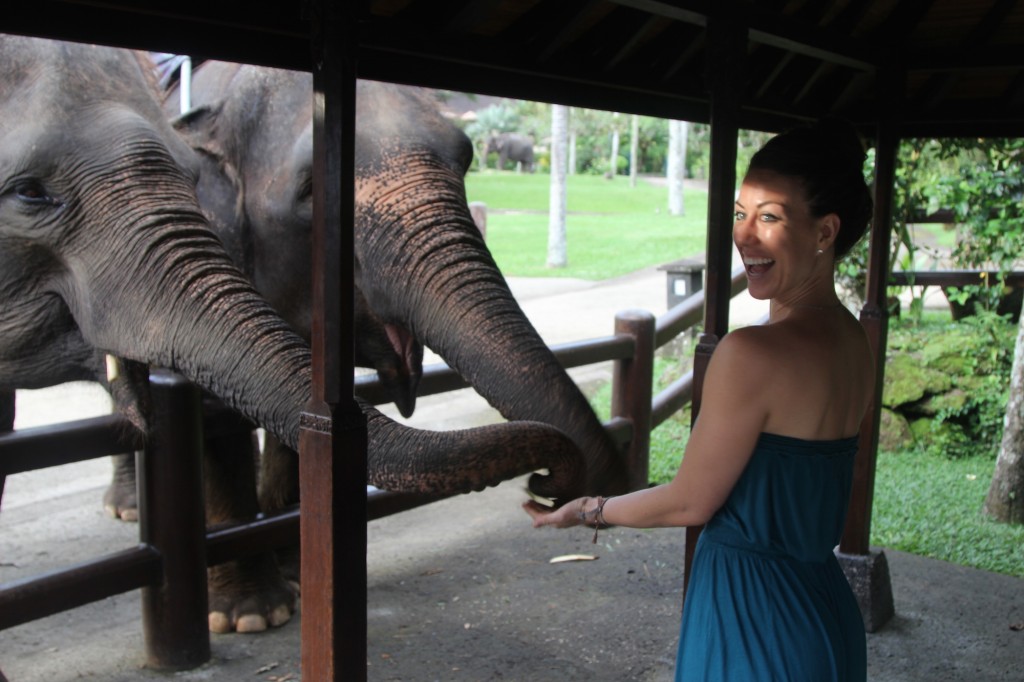 Written by
Written by